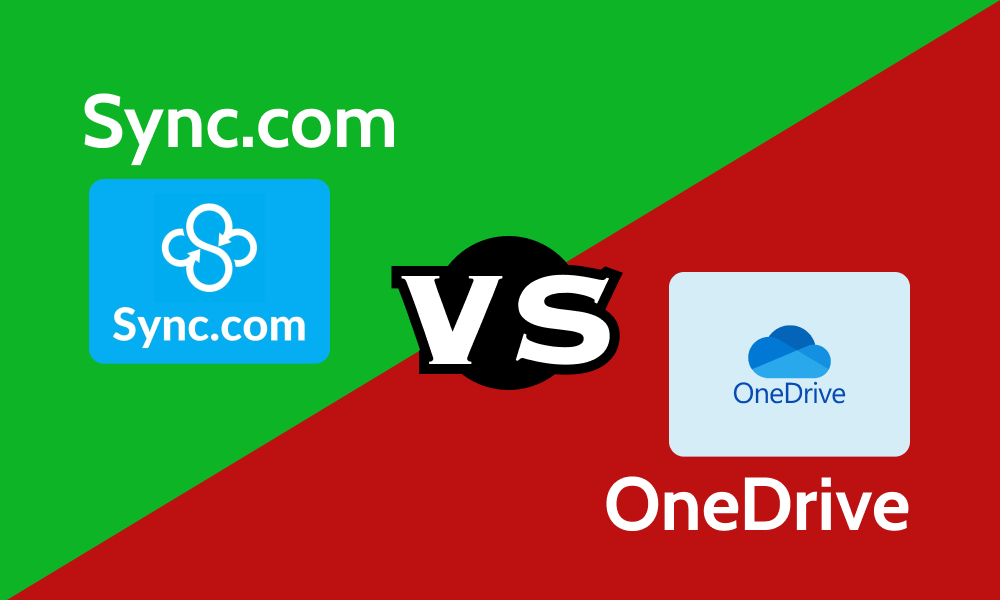In May, the New Jersey Supreme Court ruled in In re Opinion No. 735 that it’s not a violation of the Rules of Professional Conduct for a lawyer to buy a competitor’s name as a search engine keyword. In plain English? The court just told every attorney: “It’s fair game to digitally impersonate your peers — as long as you let Google do the dirty work.”
This ruling was short-sighted when the case was heard. It’s practically absurd now. Because what the court has failed to grasp is that this isn’t really about lawyers buying names — it’s about AI doing it for them.
How it happens
Let’s set the scene. A prospective client searches for “Jane Smith, Esq.” The first result? A paid ad for “John Doe, Esq.” — Jane’s competitor. The user clicks, thinks they’re contacting Jane, but ends up on John’s site. Click. Convert. Case stolen.
The Court says that because the ad is labeled “Sponsored” and doesn’t explicitly lie, it’s not unethical. That’s a distinction that maybe held water 10 years ago. In the age of generative AI and programmatic bidding? It’s like trying to catch rainwater with a sieve.
The truth is, no human lawyer is sitting at their desk targeting individual competitors anymore. This is all done at scale by AI-powered marketing platforms. One prompt, and the system can purchase thousands of competitor names in real-time. Add in AI-generated ad copy — optimized through continuous A/B testing — and you’ve created a self-improving deception engine. Today’s keyword games are tomorrow’s identity theft loops.
The Court compares this to opening a sandwich shop next to a popular deli. But in the AI era, it’s more like building a robot that runs ahead of you on the sidewalk and slaps your brand on the nearest signpost. And when a potential customer asks, “Is this the place I heard about?” the bot just nods and smiles.
AI’s giant step ahead
Even the court’s requirement that advertisers include disclaimers is laughably out of step with digital reality. As Michael J. Epstein of New Jersey law firm The Epstein Law Firm P.A., put it:
“The disclaimer is just a fig leaf. AI will keep optimizing the copy until it gets the click. The deception will persist — and clients will keep being misled.”
And make no mistake: AI doesn’t just outwork human marketers — it outpaces regulation. That’s the real problem. We’ve now entered a world where lawyers have to bid on their own names just to stay visible in search results. We’re not marketing our firms — we’re paying ransom to Google’s algorithm to protect our reputations.
What the court green-lit isn’t just misleading. It’s a fully automatable, scalable form of reputational arbitrage.
And if they think today’s keyword bidding is bad, wait until generative agents are unleashed across marketing stacks. They won’t just hijack a name — they’ll spin custom landing pages, tweak geotargeting and modify tone based on the user’s IP address. All without human intervention. All within the bounds of what the Court just said is “not unethical.”
There was a better option: ban the practice. Draw a bright line. You want to advertise? Use your own name. Build your own brand; don’t feed someone else’s into the AI mill.
Until that happens — by rule, legislation or sheer market revolt — New Jersey lawyers will find themselves in a never-ending battle against bots bidding on their identity. It’s not clickbait anymore. It’s clickwarfare.
And the court just told the machines: fire at will.
Aron Solomon is the chief strategy officer for Amplify. He holds a law degree and has taught entrepreneurship at McGill University and the University of Pennsylvania, and was elected to Fastcase 50, recognizing the top 50 legal innovators in the world. His writing has been featured in Newsweek, The Hill, Fast Company, Fortune, , CBS News, CNBC, USA Today and many other publications. He was nominated for a Pulitzer Prize for his op-ed in The Independent exposing the NFL’s “race-norming” policies.
Related reading:
Illustration: Dom Guzman
Stay up to date with recent funding rounds, acquisitions, and more with the
Crunchbase Daily.










